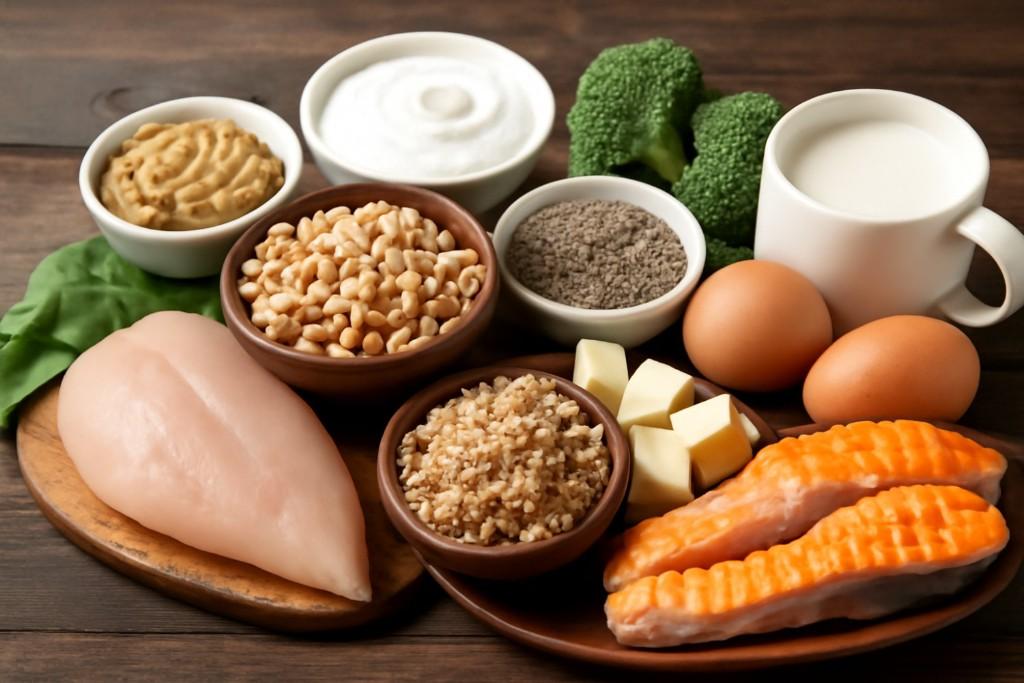Protein is an essential macronutrient that supports muscle growth, repair, and various bodily functions. While most people associate protein intake with meat, eggs, and dairy, there are many surprising ways to boost your protein levels. Whether you’re a vegetarian, vegan, or simply looking to diversify your diet, there are plenty of alternative sources of protein that can easily fit into your lifestyle.
This list explores 20 unexpected ways to increase your protein intake, offering creative and practical solutions that go beyond the traditional protein-rich foods. Read on to discover how simple adjustments to your meals and snacks can help you meet your protein needs without the usual routine.
1. Edamame Beans

Edamame, or young soybeans, are a protein-packed snack with about 17 grams of protein per cup. These beans are not only high in protein but also rich in fiber, making them a great choice for digestive health. Whether steamed or roasted, edamame offers a satisfying texture and flavor.
They’re versatile and can be enjoyed as a standalone snack, tossed in salads, or blended into hummus. Compared to other legumes, edamame is relatively low in calories, making it a healthy and weight-friendly option. Its plant-based protein content makes it especially valuable for vegetarians and vegans.
2. Greek Yogurt
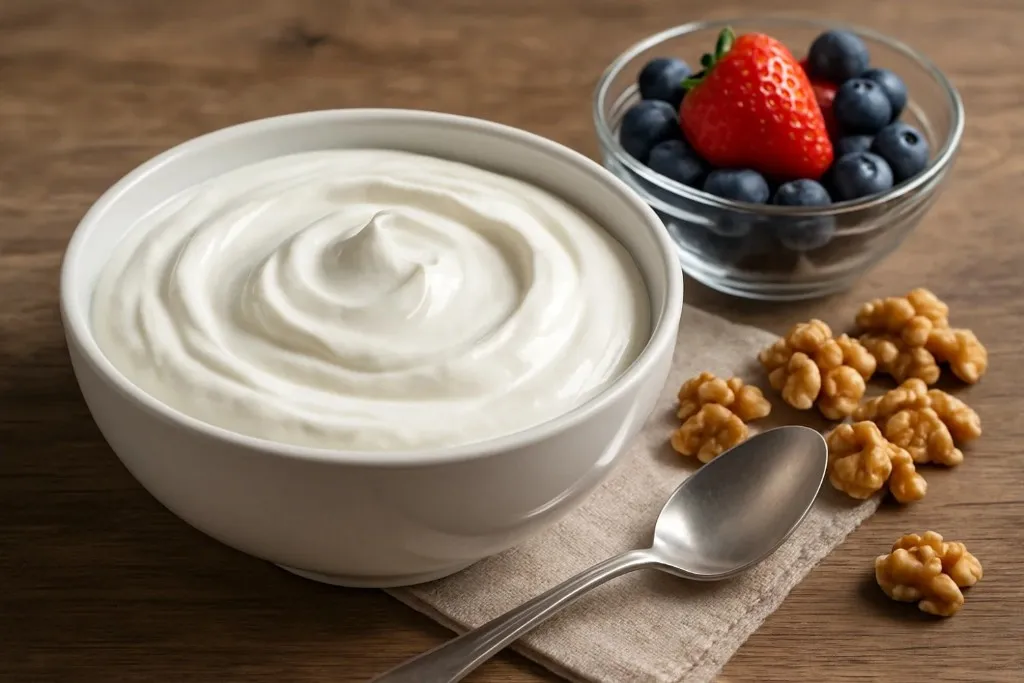
Greek yogurt is a creamy and protein-rich alternative to regular yogurt, providing up to 20 grams of protein per cup. It’s a great source of probiotics, which support gut health, and is often lower in sugar when compared to flavored varieties.
Whether you enjoy it as a snack, breakfast, or part of a dessert, Greek yogurt can be flavored with fruit, honey, or nuts. Its thick, creamy texture makes it a suitable substitute for sour cream in savory dishes or dressings. The high protein content helps with muscle repair and keeps you full for longer.
3. Quinoa
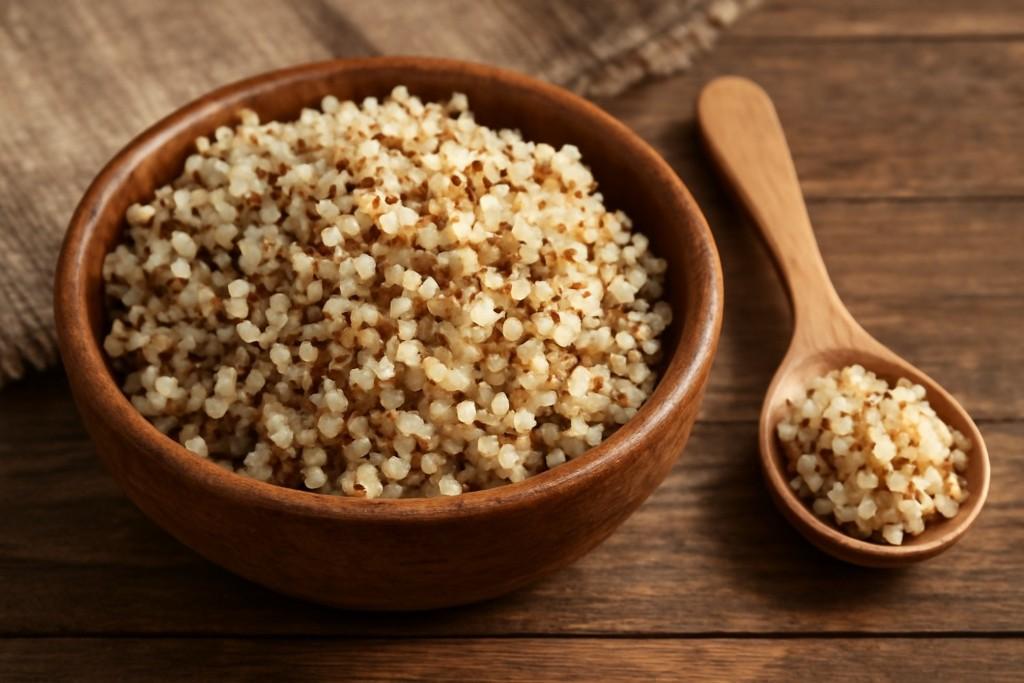
Quinoa is a complete protein, meaning it contains all nine essential amino acids. This makes it a rare plant-based protein source. One cup of cooked quinoa provides about 8 grams of protein, along with a substantial amount of fiber. It’s also gluten-free, making it a great option for those with sensitivities.
Quinoa can replace rice in most dishes, used in salads, soups, or grain bowls. It’s also a fantastic base for veggie-packed dishes. Additionally, quinoa is rich in vitamins and minerals, including magnesium, iron, and B vitamins, making it a nutritious addition to any meal.
4. Hemp Seeds
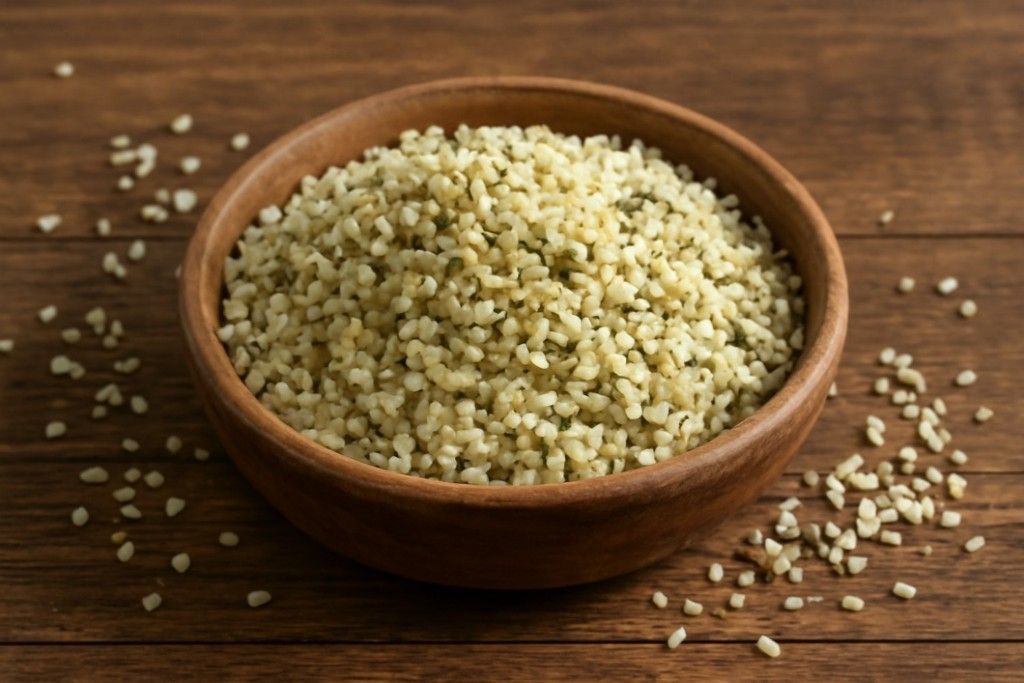
Hemp seeds are a superfood that offers a protein boost of 10 grams per 3 tablespoons. They’re not only rich in protein but also provide essential fatty acids like omega-3 and omega-6. Their mild, nutty flavor complements smoothies, oatmeal, or salads.
Hemp seeds are a complete protein, making them an excellent option for plant-based eaters. They’re also a great source of magnesium, which supports muscle and nerve function. You can sprinkle them on your favorite dishes or blend them into smoothies for a protein-packed nutritional upgrade.
5. Chickpeas
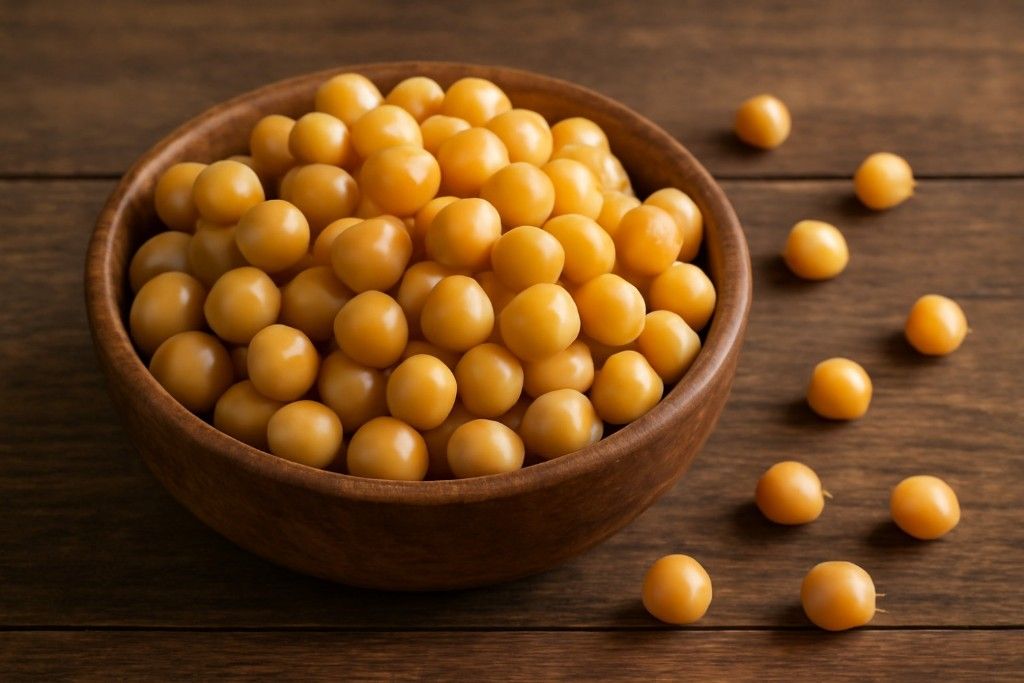
Chickpeas, or garbanzo beans, provide a robust protein source, offering about 15 grams per cooked cup. They’re rich in fiber, which aids in digestion and helps keep you feeling full longer. Chickpeas can be roasted for a crunchy snack, blended into creamy hummus, or added to soups, stews, and salads for an extra protein punch.
They’re versatile and can be included in nearly any meal, offering a plant-based protein alternative that is filling and satisfying. Chickpeas are also packed with iron, which is essential for transporting oxygen throughout the body.
6. Tofu
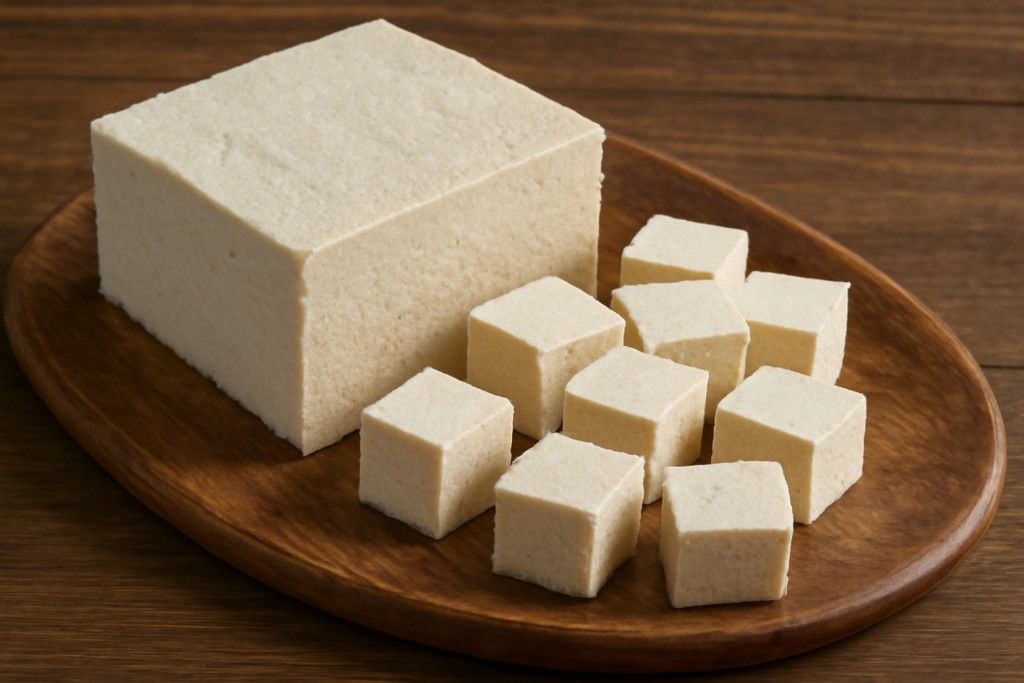
Tofu is a soy-based product that’s an excellent protein source, with 10 grams of protein per 4-ounce serving. It’s highly versatile, with a neutral flavor that allows it to absorb the tastes of the ingredients it’s cooked with. Tofu can be used in savory dishes like stir-fries and scrambles or blended into smoothies for added creaminess.
It’s also a great meat substitute in many recipes, making it a popular choice for vegetarians and vegans. Tofu is also a good source of iron, calcium, and magnesium, supporting overall health and well-being.
7. Cottage Cheese
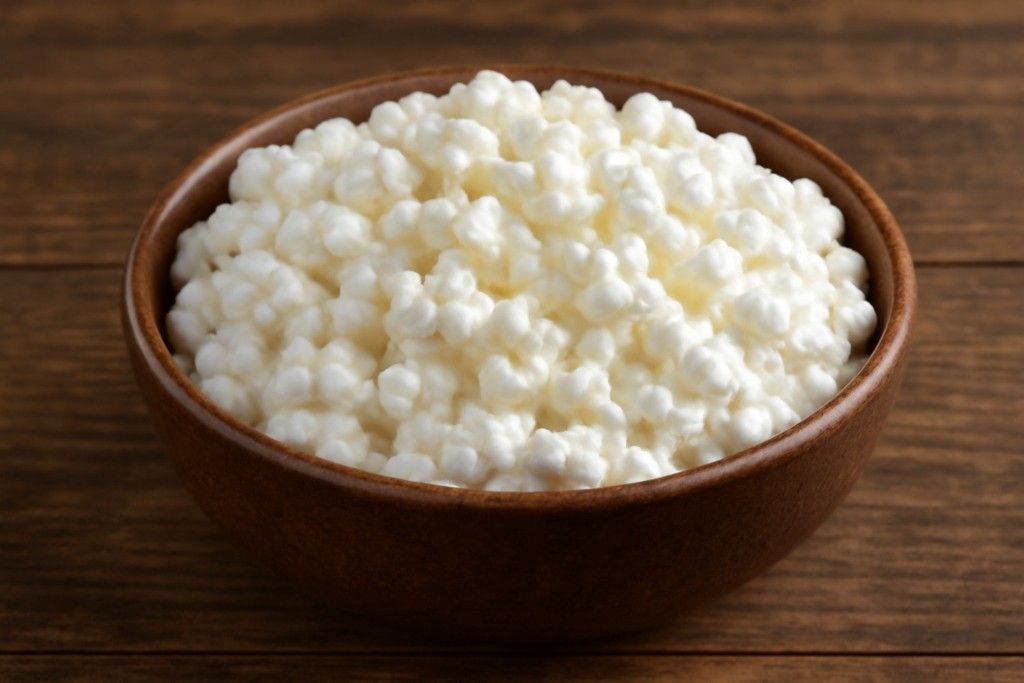
Cottage cheese is a dairy product rich in protein, offering about 25 grams per cup of low-fat variety. It’s also packed with calcium, which helps maintain strong bones. The texture of cottage cheese is lumpy and creamy, and it can be enjoyed in both sweet and savory dishes.
You can top it with fruits like pineapple or berries for a healthy snack or mix it with herbs and vegetables for a savory option. Its high protein content helps with muscle repair and keeps you feeling full longer, making it an ideal post-workout snack.
8. Pumpkin Seeds
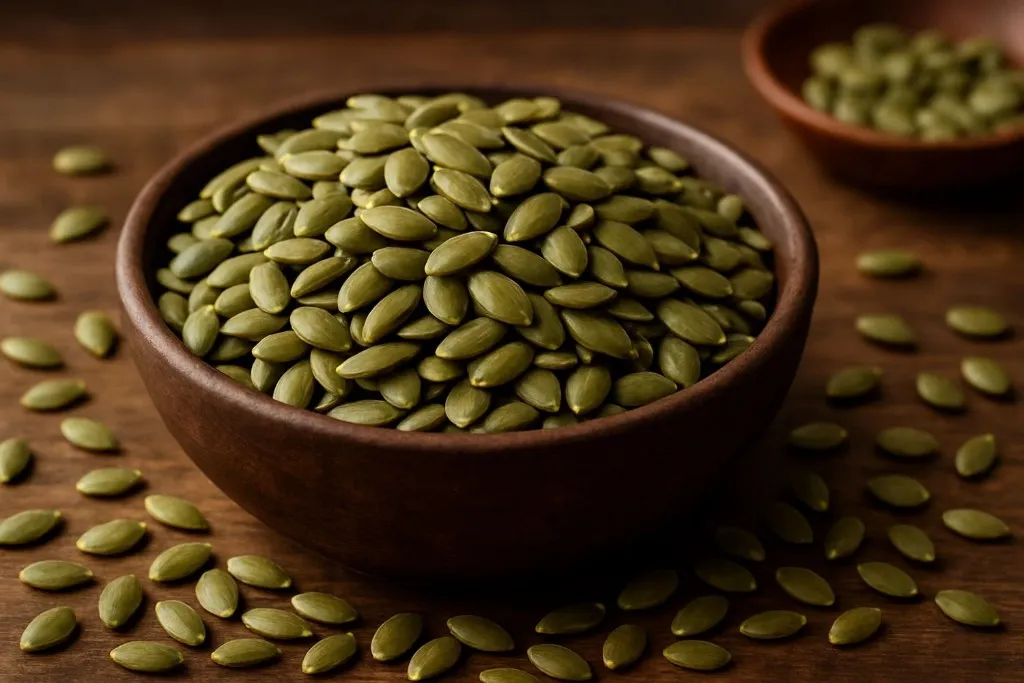
Pumpkin seeds, also known as pepitas, are a protein-rich snack that provides about 9 grams per ounce. They are packed with antioxidants, magnesium, and zinc, which support overall health, including immune function.
The crunchy texture of pumpkin seeds makes them a satisfying snack on their own or a great addition to salads, granola, or yogurt. Roasting them enhances their flavor, and they can be seasoned with spices to suit your taste. These small seeds are easy to carry and offer a convenient, nutrient-dense protein source for busy days.
9. Lentils
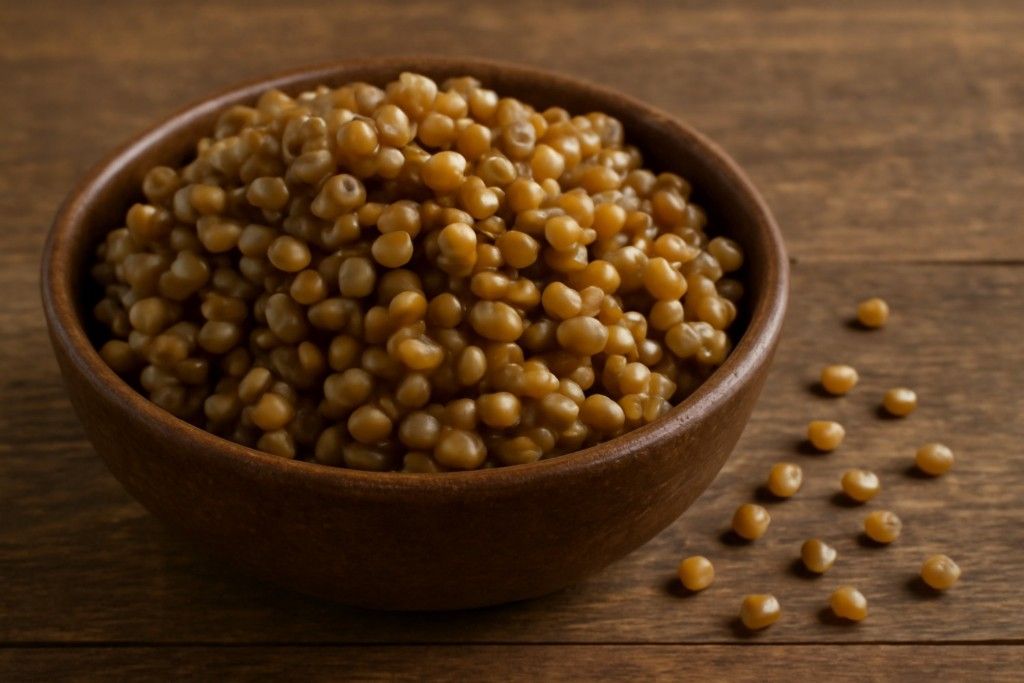
Lentils are an excellent plant-based protein source, offering about 18 grams of protein per cooked cup. They are also high in fiber, which promotes digestive health and keeps you feeling full longer. Lentils are quick to cook and can be used in soups, stews, salads, or even as a meat substitute in burgers and meatballs.
They are also a good source of iron, which is essential for energy production and oxygen transport in the blood. Lentils are versatile, affordable, and make a great addition to any diet, especially for those looking to boost protein intake.
10. Almonds
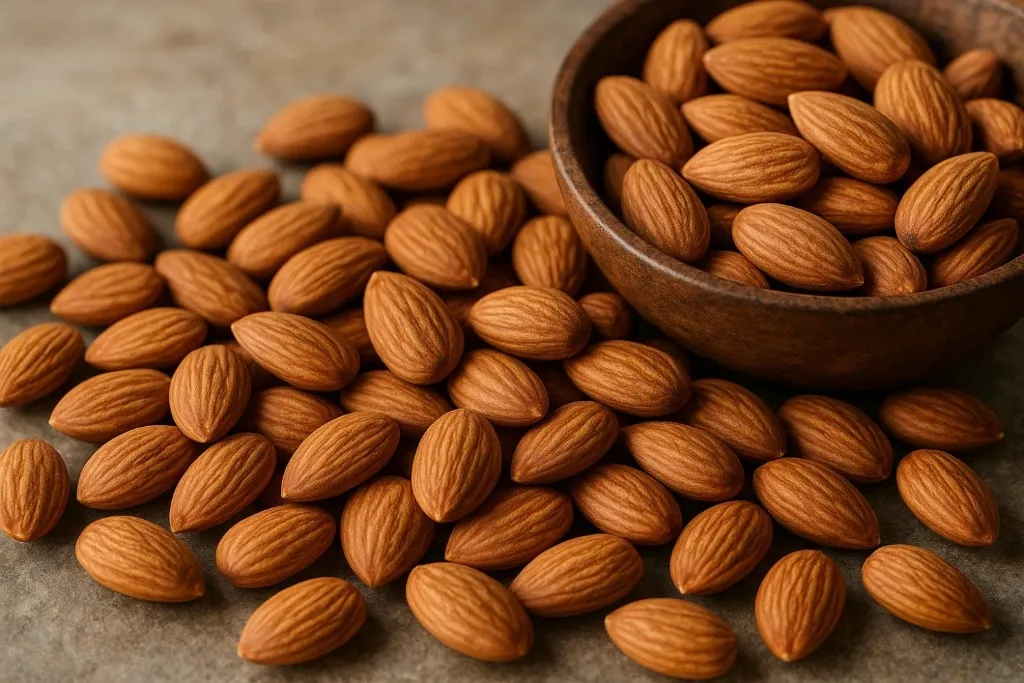
Almonds are a nutrient-dense snack that offers about 8 grams of protein per ¼ cup serving. In addition to protein, almonds are packed with healthy fats, which help maintain heart health and promote satiety. They are also a great source of vitamin E, an antioxidant that supports skin health. Almonds are easy to snack on, or you can use almond butter as a spread, in smoothies, or in baking. They are portable and provide a satisfying crunch, making them a convenient option for protein on the go.
11. Chia Seeds
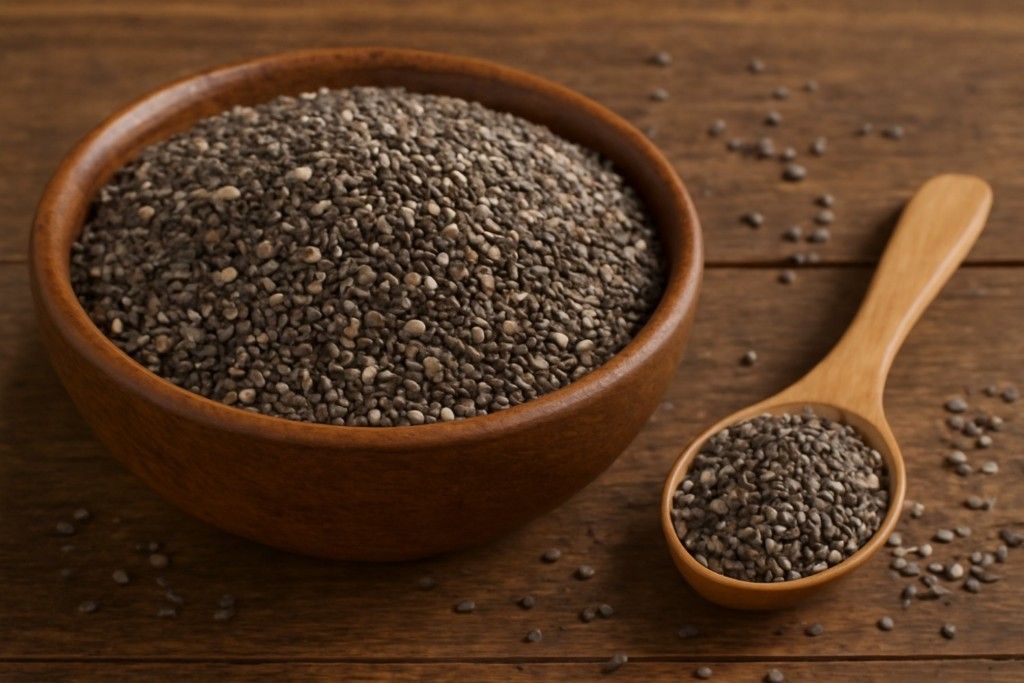
Chia seeds are tiny but powerful, offering about 4 grams of protein per 2 tablespoons. These seeds are also an excellent source of omega-3 fatty acids, which support brain and heart health. When added to liquids, chia seeds form a gel-like consistency, making them perfect for puddings or smoothies.
They can also be sprinkled over oatmeal or yogurt for an extra protein boost. Chia seeds are rich in fiber, which helps regulate blood sugar levels and promotes digestive health, making them a great addition to any balanced diet.
12. Tempeh
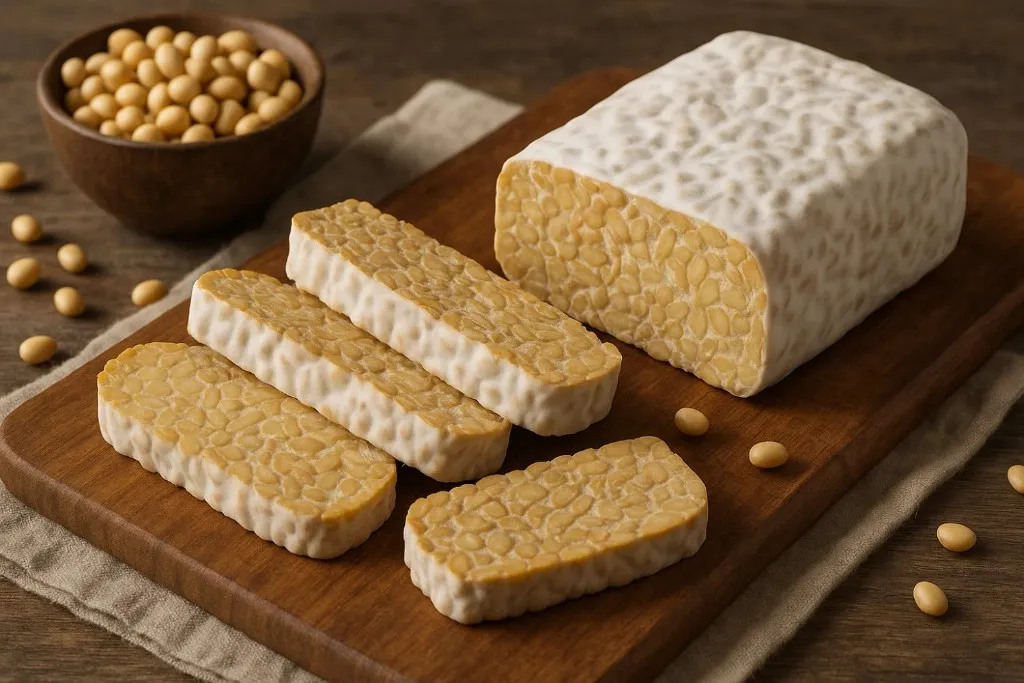
Tempeh is a fermented soy product that offers about 21 grams of protein per 3-ounce serving. It has a firm texture and nutty flavor, making it a popular meat substitute. Tempeh is packed with probiotics due to the fermentation process, which helps support gut health.
It can be sliced, crumbled, or cubed and used in a variety of dishes, from stir-fries to sandwiches. Tempeh is also rich in fiber, iron, and calcium, which contribute to overall health. Its high protein content makes it an excellent option for plant-based eaters.
13. Spirulina
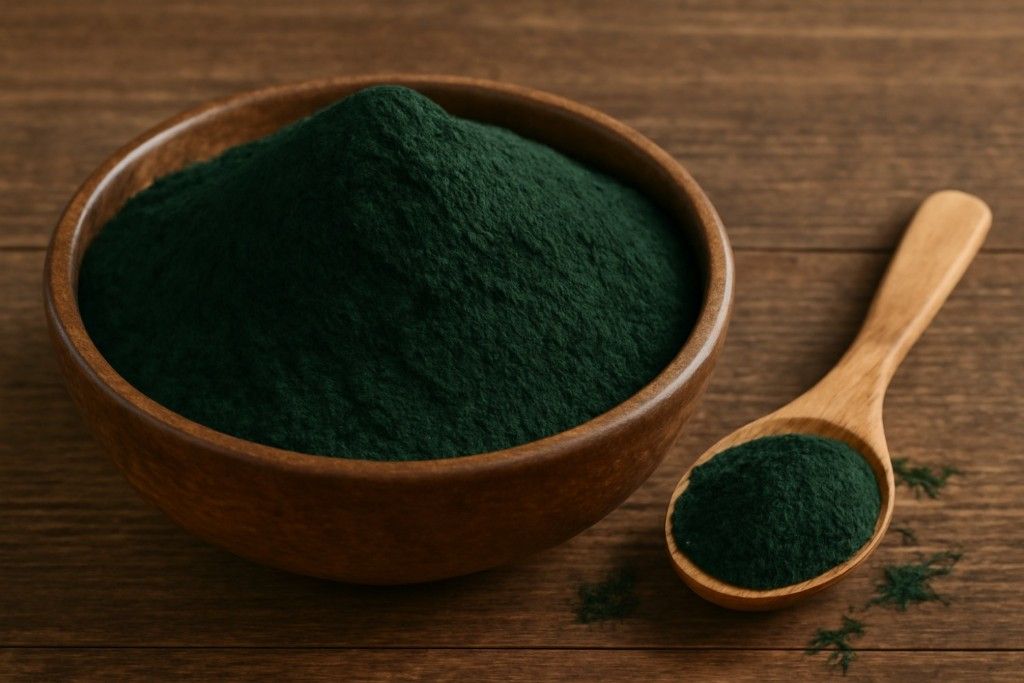
Spirulina is a blue-green algae known for its incredible nutritional profile. A tablespoon of spirulina powder provides about 4 grams of protein, along with a variety of vitamins and minerals. It is particularly high in B vitamins and iron, which support energy production and immune function.
Spirulina can be added to smoothies, juices, or energy bars. Due to its strong flavor, it’s best to start with small amounts and gradually increase intake. This superfood is often used as a supplement for boosting overall nutrition, especially for those on plant-based diets.
14. Peanut Butter
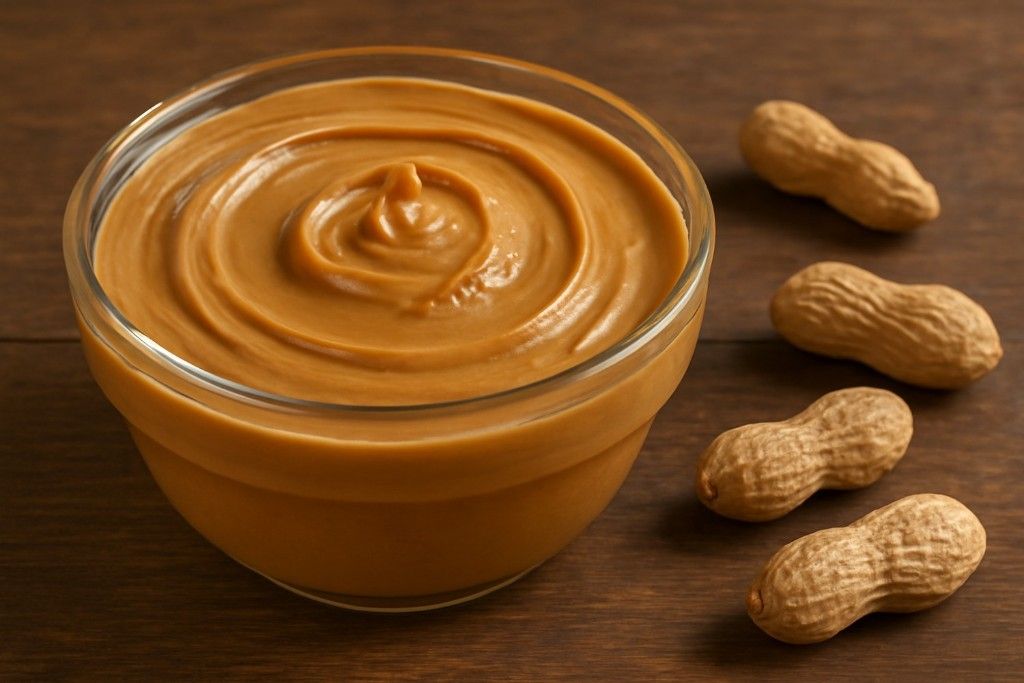
Peanut butter is a delicious and convenient protein source, offering around 8 grams of protein per 2 tablespoons. It’s rich in healthy fats, which promote heart health and provide lasting energy. Peanut butter can be spread on toast, mixed into smoothies, or paired with fruits like apples and bananas for a protein-packed snack.
opt for natural peanut butter to avoid added sugars and unhealthy oils. Peanut butter is a great way to add flavor and nutrition to your meals, and its protein content makes it an excellent choice for muscle recovery.
15. Seitan
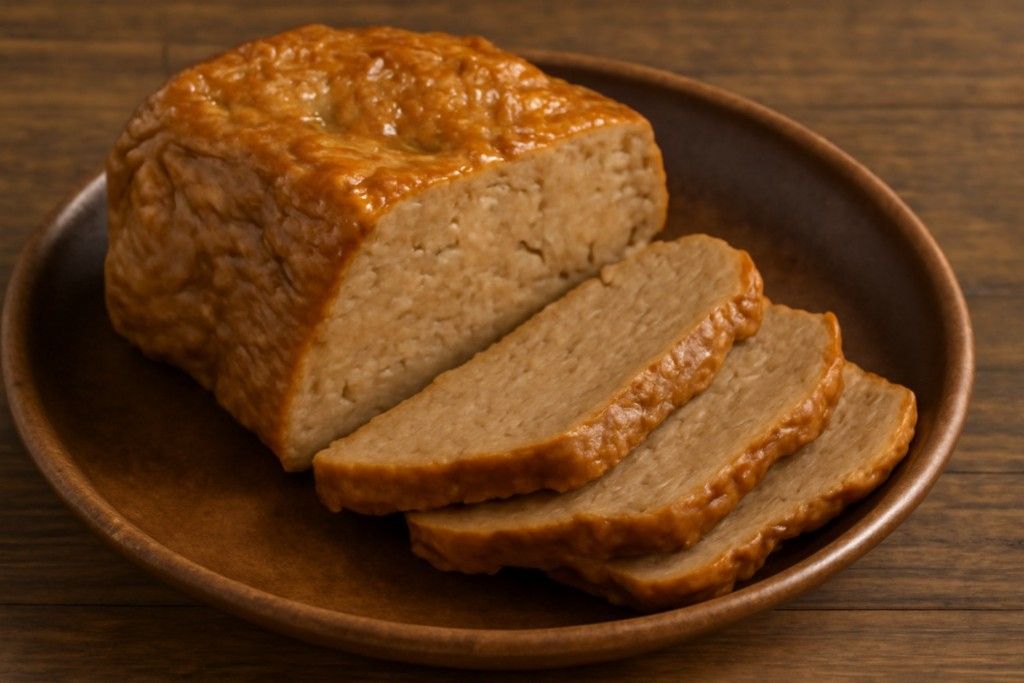
Seitan, also known as wheat gluten, is a high-protein food with about 21 grams of protein per 3-ounce serving. It has a meat-like texture, making it a popular substitute for meat in vegetarian and vegan diets. Seitan can be grilled, sautéed, or added to soups and stir-fries.
It’s rich in protein but low in fat, making it a great option for those looking to boost their protein intake without adding too many calories. However, it’s not suitable for people with gluten sensitivities, as it’s made from wheat gluten.
16. Protein Powders

Protein powders are a convenient way to supplement your protein intake. Available in various forms such as whey, soy, and pea protein, these powders can provide 15-25 grams of protein per serving. They can be mixed into smoothies, shakes, or baked goods.
For those with higher protein needs, such as athletes, protein powders are an easy way to ensure sufficient intake. Just be mindful of added sugars and artificial ingredients, and choose a high-quality product. Protein powders are versatile, easy to use, and help support muscle growth and recovery.
17. Avocados
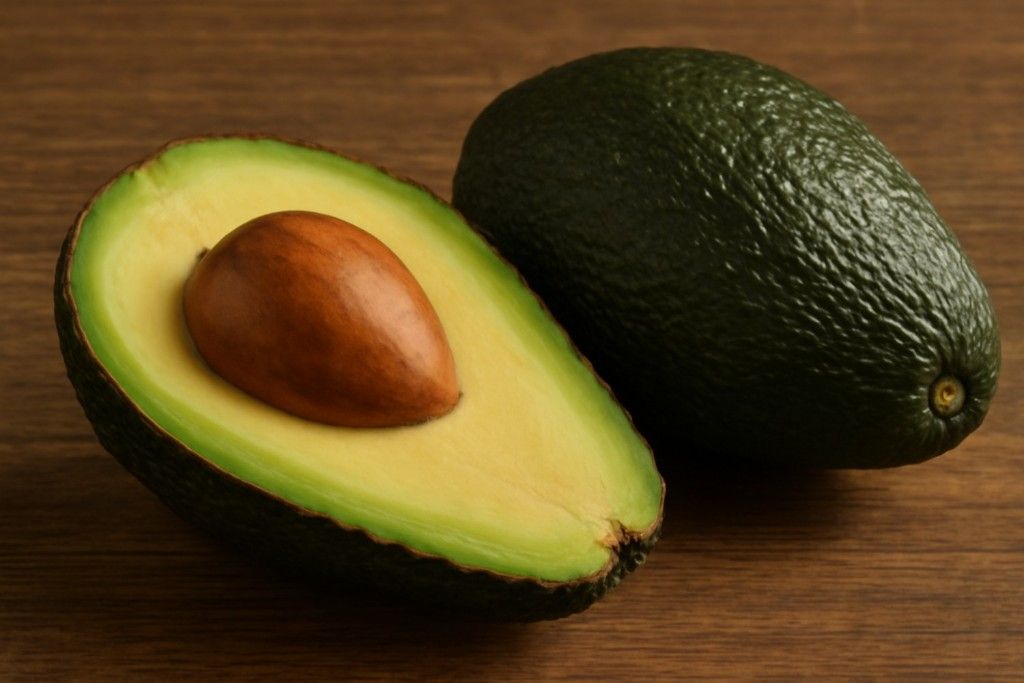
Avocados are often associated with healthy fats, but they also provide a moderate amount of protein. A medium-sized avocado contains about 3 grams of protein, along with fiber, vitamins, and healthy monounsaturated fats.
While not a major protein source on its own, when paired with other protein-rich foods, avocados can contribute to a balanced meal. The creamy texture of avocados makes them perfect for smoothies, salads, or as a topping for toast. They also offer heart-healthy fats and support nutrient absorption.
18. Sweet Potatoes
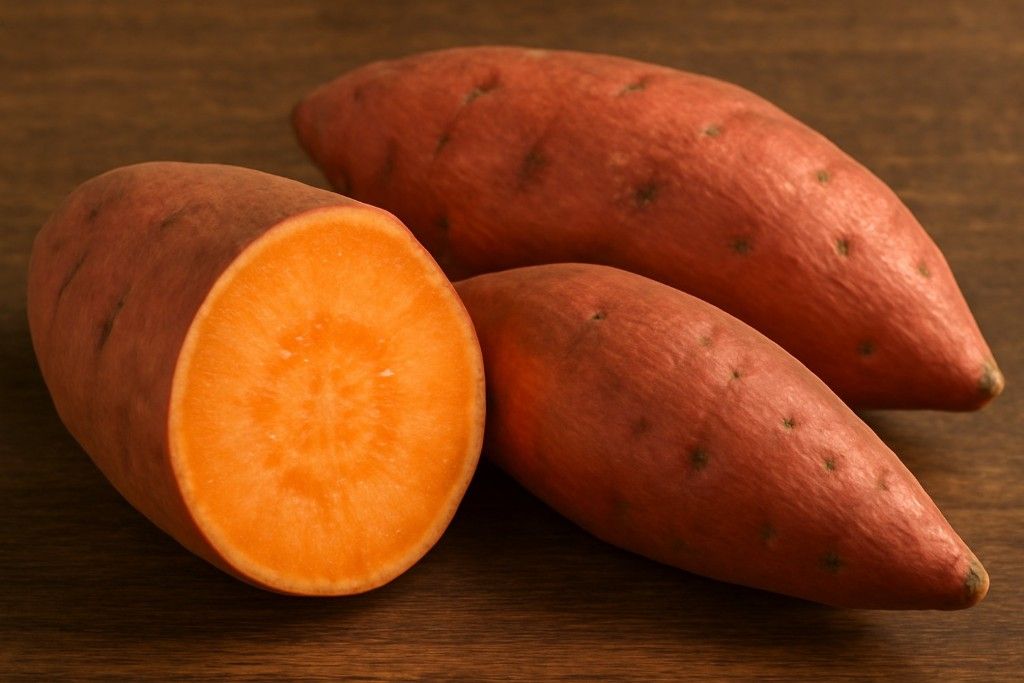
Sweet potatoes are a nutritious, protein-rich vegetable with about 2-4 grams of protein per medium-sized potato. They are also high in fiber, which promotes digestive health. Sweet potatoes are an excellent source of complex carbohydrates, providing energy and keeping you full.
They can be roasted, mashed, or used in soups and stews. Their natural sweetness pairs well with savory dishes and makes them a versatile addition to your meals. Sweet potatoes are also packed with vitamin A, which supports vision and immune function.
19. Broccoli
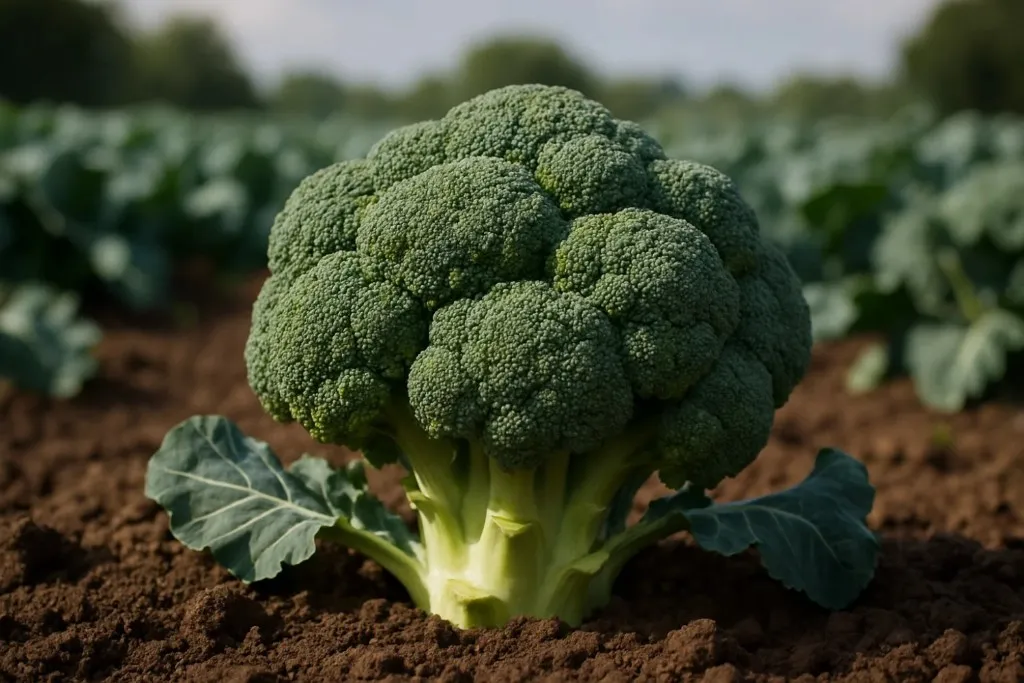
Broccoli is a powerhouse vegetable, offering about 4 grams of protein per cooked cup. It’s high in fiber, vitamins C and K, and minerals like calcium and iron. Broccoli is also rich in antioxidants, which help protect the body from free radical damage. While it’s not a major protein source on its own, adding it to protein-rich dishes like stir-fries or pasta boosts your overall protein intake. The versatility of broccoli makes it a valuable addition to salads, soups, and smoothies.
20. Oats

Oats are a wholesome whole grain that offers about 6 grams of protein per cooked cup. They’re also an excellent source of fiber, particularly beta-glucan, which supports heart health and helps regulate blood sugar.
Oats are perfect for a healthy breakfast, whether in the form of oatmeal, overnight oats, or added to smoothies. You can also use oats in baking or energy bars for a protein boost. The slow-digesting carbs in oats provide lasting energy throughout the day, making them a filling and nutritious choice for breakfast.

